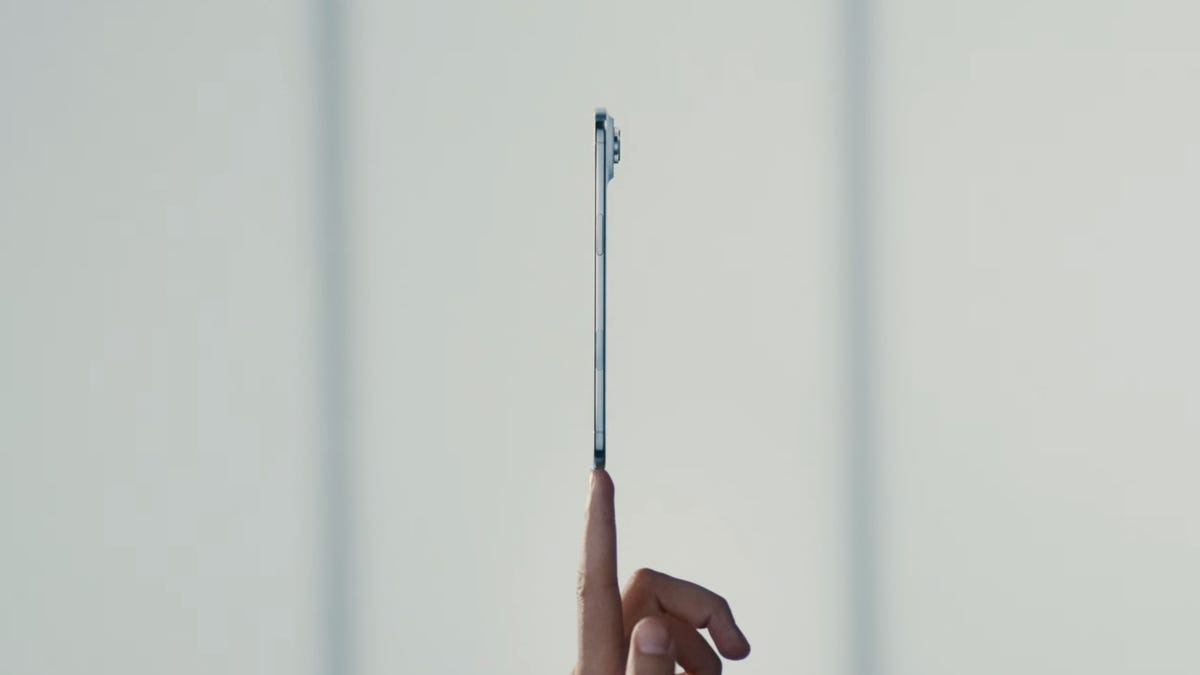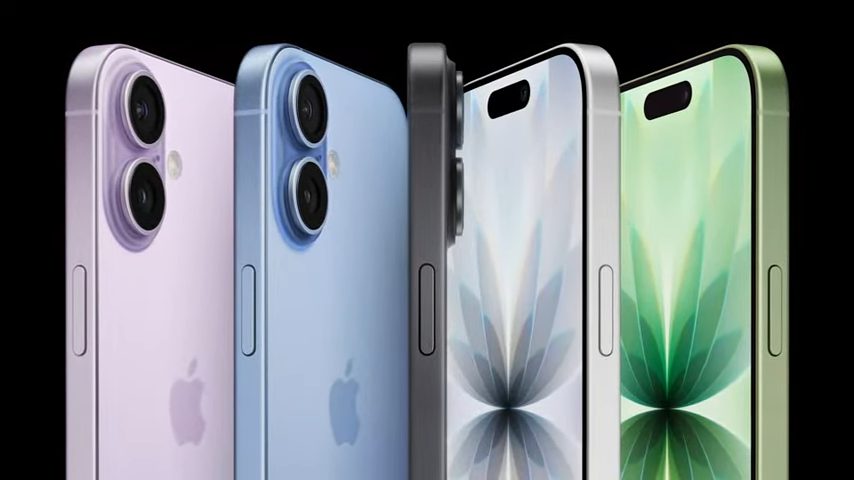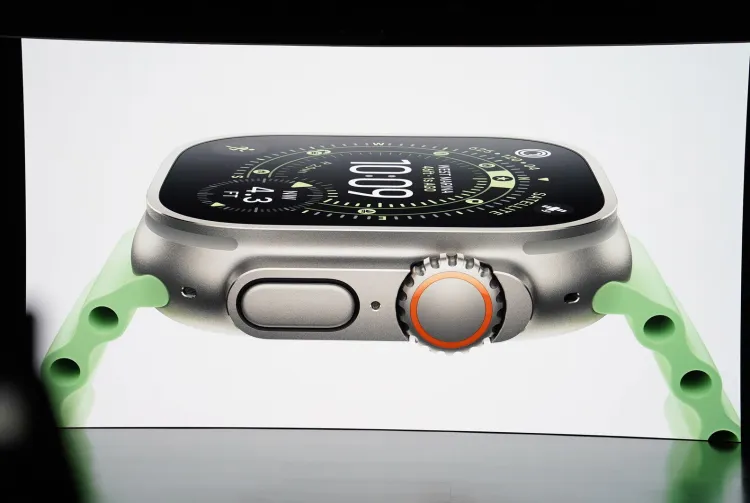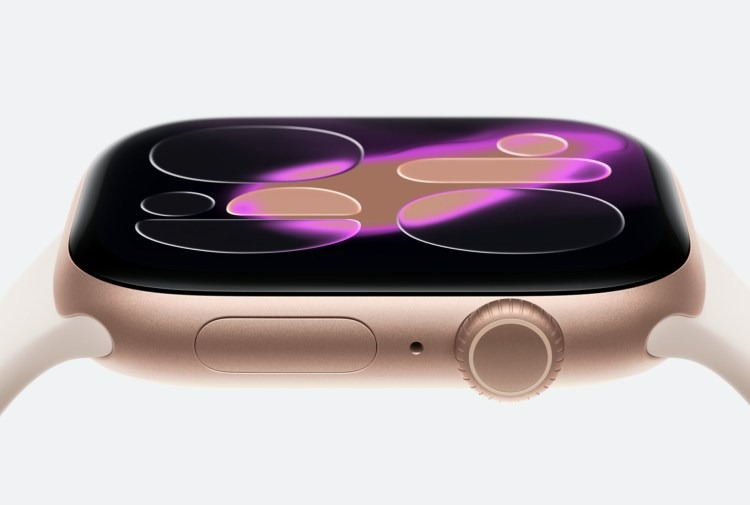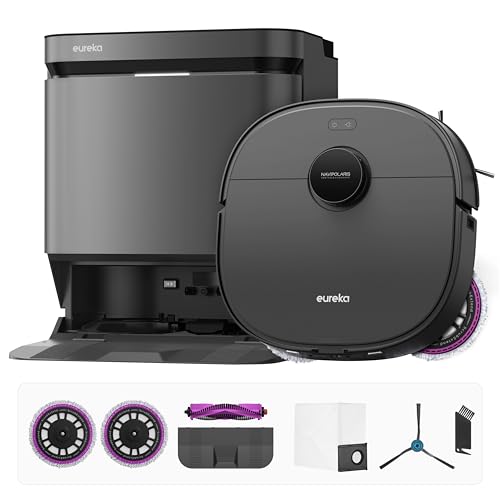That laptop password you’ve been recycling since Obama’s first term? Your phone plan from the flip-phone era that somehow costs more than your car payment? These aren’t just minor inconveniences—they’re expensive security risks disguised as habits.
The problem isn’t that you’re bad with technology. You’re probably managing more devices than a Best Buy sales floor. But convenience and routine have created blind spots that hackers exploit and corporations profit from. The good news? Fixing these mistakes takes less time than watching a TikTok compilation.
Still Recycling That “Secure123!” Password
Password reuse causes more than 65% of data breaches, yet most people use the same five passwords everywhere.
Your brain treats password creation like Netflix password sharing—one for everything, shared liberally. But security experts now recommend unique, 12-character passphrases for every account. Think “PizzaFridayIsLife!” instead of “P@ssw0rd1.”
Password managers like Bitwarden or 1Password eliminate the mental gymnastics. They generate random passwords and remember them so you don’t have to. Add multi-factor authentication, and you’ll block 99% of automated attacks.
Treating Updates Like Dental Appointments
Delaying software updates leaves your devices vulnerable to attacks that exploit yesterday’s security holes.
Those notification badges aren’t suggestions—they’re digital vaccines. Most ransomware and malware target outdated software because patches haven’t closed the security gaps yet. Enable automatic updates on everything: your phone, computer, apps, even that smart doorbell you forgot about.
Modern updates happen in the background anyway. Your device will restart overnight and wake up more secure than when you went to bed.
Paying Premium Prices for Flip-Phone Coverage
Legacy wireless plans can cost $600 more annually than current budget carriers offering identical coverage.
Major carriers bank on customer inertia. Meanwhile, providers like Mint Mobile and Visible deliver the same nationwide coverage for half the price. Your monthly phone bill shouldn’t rival your grocery budget.
Review your plan annually. That “unlimited everything” package from 2018 probably offers less value than today’s budget options.
Living Dangerously Without Backups
Device failure strikes without warning, and most people discover their backup strategy was “hope nothing breaks.”
Your photos exist in exactly one place—until they don’t. Automatic cloud backup through Google Drive, iCloud, or OneDrive runs continuously in the background, protecting against device loss, theft, or that inevitable coffee spill.
Set it up once, forget it forever. Future you will appreciate past you’s ten minutes of effort when disaster strikes.
Trusting “Free” Wi-Fi Like It’s 1999
Public networks remain digital hunting grounds where attackers intercept sensitive information from unsuspecting users.
Hotel and coffee shop Wi-Fi feels convenient until someone steals your banking information. Even “password-protected” public networks share credentials with strangers, creating security theater instead of actual protection.
VPN apps encrypt your traffic, making public Wi-Fi safer. Alternatively, use your phone’s hotspot feature. Your cellular data is infinitely more secure than any public network.
These aren’t revolutionary concepts—they’re foundational habits that require minimal effort for substantial security and savings gains.









